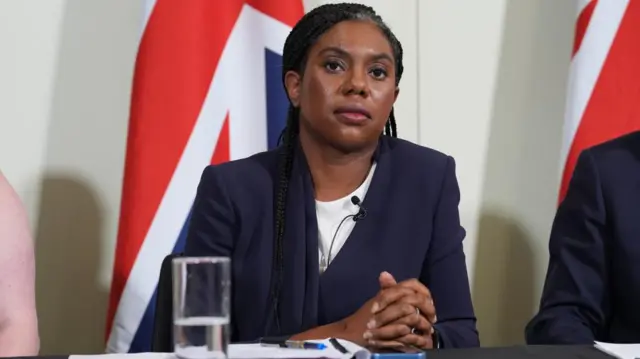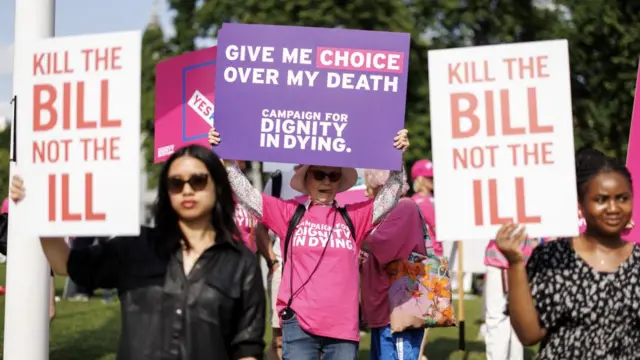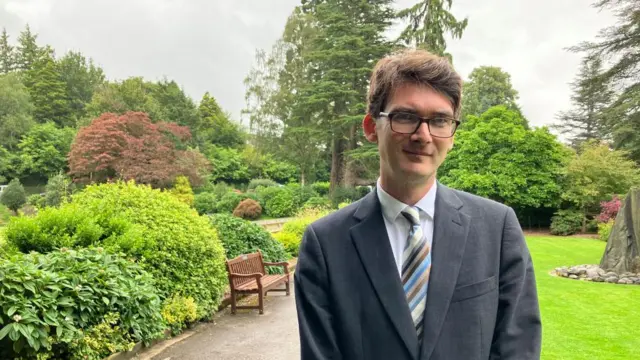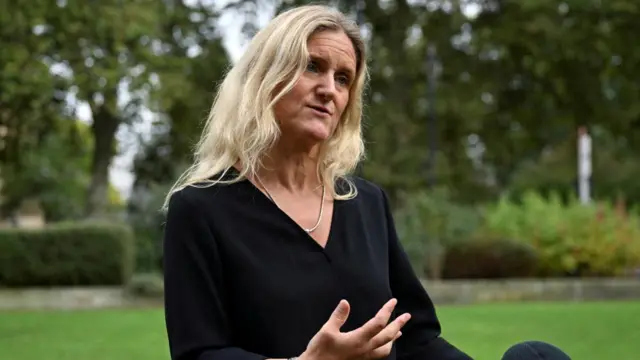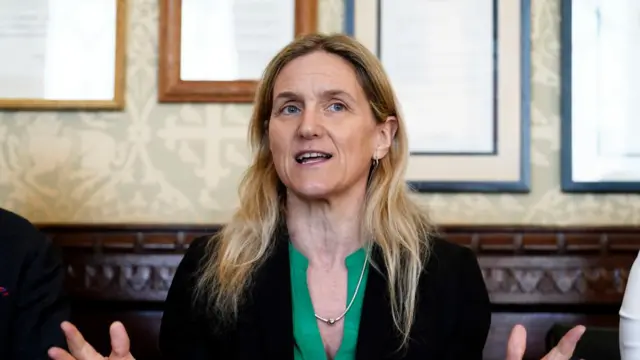
A make or break moment for MPs voting on assisted dyingpublished at 08:48 BST 20 June
 Helen Catt
Helen Catt
Political correspondent
It's been seven months since MPs last voted on this bill as a whole. Then they backed the principle of changing the law.
Since then, MPs have been working on the detail of how it would be done.
The bill has gone through more than 100 hours of scrutiny in Parliament with plenty of impassioned debate on both sides.
Expect more of that today.
MPs have been carefully considering their positions and, in some cases, changing them.
The vote in a few hours' time will be a make or break moment – as it decides if this attempt to change the law will continue on to the House of Lords, or if it will come to an end.

